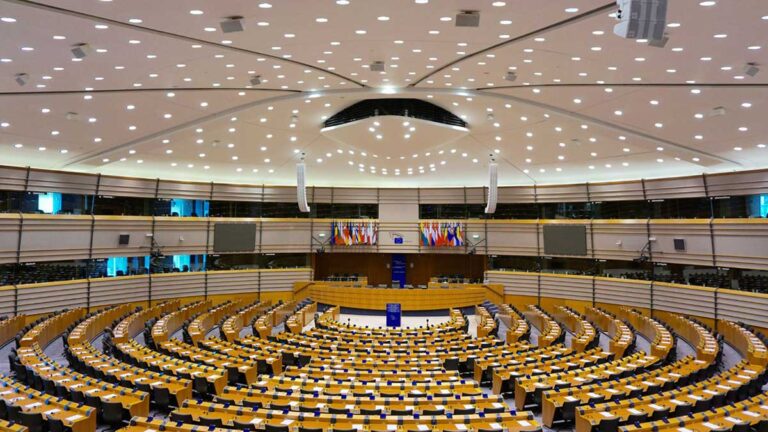From 30 November until 12 December, the COP28 took place in Dubai, with more people taking part than ever. Although many people are concerned about lobbyists from the oil and gas industry among the participants, the huge number of attendants shows the increasing significance of sustainability. We want to highlight that this article does not aim to judge whether or not the results are satisfying. Instead, it summarizes the most important facts of the outcome for you:
Oil and Gas Charter launched to accelerate climate action
The COP28 Presidency has successfully launched the Oil and Gas Decarbonization Charter, which aims at speeding up actions against climate change within the oil and gas producing sector. Currently, 50 international and national oil companies, which represent more than 40% of the global oil production have signed the Oil and Gas Decarbonization Charter. The goal of the charter is to eliminate routine flaring and methane emissions by 2030, as well as getting oil-producing companies to reach net zero by 2050.
More than $57bn mobilized to counteract climate change
Companies, governments, investors, and philanthropies have decided to dedicate $57bn towards the entire climate agenda to battle rising temperatures and all resulting and related issues. This includes nature, energy, food, health, and finance. With regard to climate finance, for example, the UAE has launched a $30bn fund whereas the World Bank plans to increase its annual funding of climate-related projects by $9bn.
Over 120 countries backed COP28 UAE Climate and Health Declaration
The impacts of climate change on our human health are already visible. Therefore, the COP28 Presidency has announced the COP28 UAE Declaration of Climate and Health. Its goal is to foster and accelerate the development of climate-resilient and sustainable health systems. Acknowledging the need for governments to adapt and prepare their healthcare systems and protect their communities, the declaration was signed by 123 countries. Altogether, $1bn is going to be dedicated to address issues arising from the climate health crisis.
Countries pledge to triple global renewable energy capacity by 2030
118 countries have signed a commitment to triple the world’s global renewable energy capacity within the next 7 years. The goal is to raise the global capacity of renewable generation to 11.000 gigawatts. Furthermore, these countries agreed to at least doubling the average global rate of improvements to energy efficiency from 2% to over 4% within the same timeframe. While China and India have not expressed their overall support, both countries have signalled their support to triple the renewable energy production capacity.
Cut down on cooling-related emissions decided
COP28 participants agree on Loss and Damage Fund
Right at the beginning of the COP28, delegates of various countries have made public to pledge to the Loss and Damage Fund, which had previously been discussed and agreed upon at the COP27. Having born the idea around three decades ago, the fund’s goal is to pay for and cover damages and losses in countries affected the most by climate extremes resulting from global warming. Currently, countries have committed to contributions totalling $400m for countries in need.
FAO develops roadmap to combat hunger
600 million people are projected to suffer chronic hunger by 2030. The FAO, also part of the COP28, has announced the development of a roadmap with the aim to combat all forms of malnutrition and to eradicate hunger (Sustainable Development Goal 2), staying within the 1.5°C set by the Paris Agreement. 120 actions and key milestones have been identified, in addition to reducing agrifood methane emissions by 25% until 2030, reaching carbon neutrality by 2035, and transforming agrifood systems into a carbon sink by 2050 to capture 1.5 gigatons of GHG emissions yearly.
Sources:
https://www.cop28.com/en/news/2023/12/Oil-Gas-Decarbonization-Charter-launched-to–accelerate-climate-action
https://www.forbesmiddleeast.com/sustainability/climate-change/118-countries-pledge-to-triple-global-renewable-energy-capacity-to-at-least-11000-gw-by-2030
https://www.reuters.com/sustainability/climate-energy/us-joins-dozens-countries-backing-cop28-pledge-slash-cooling-emissions-2023-12-05/#:~:text=It%20commits%20countries%20to%20reduce,energy%20performance%20standards%20by%202030.
https://www.reuters.com/sustainability/cop/countries-asked-slash-cooling-emissions-by-68-by-2050-2023-10-19/
https://www.bbc.com/news/science-environment-67581277
https://www.fao.org/newsroom/detail/cop28-fao-launches-global-roadmap-process-to-eradicate-hunger/en




